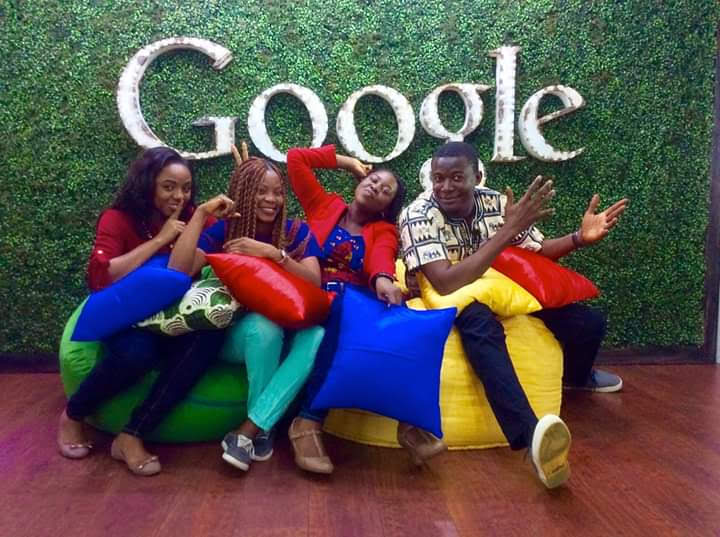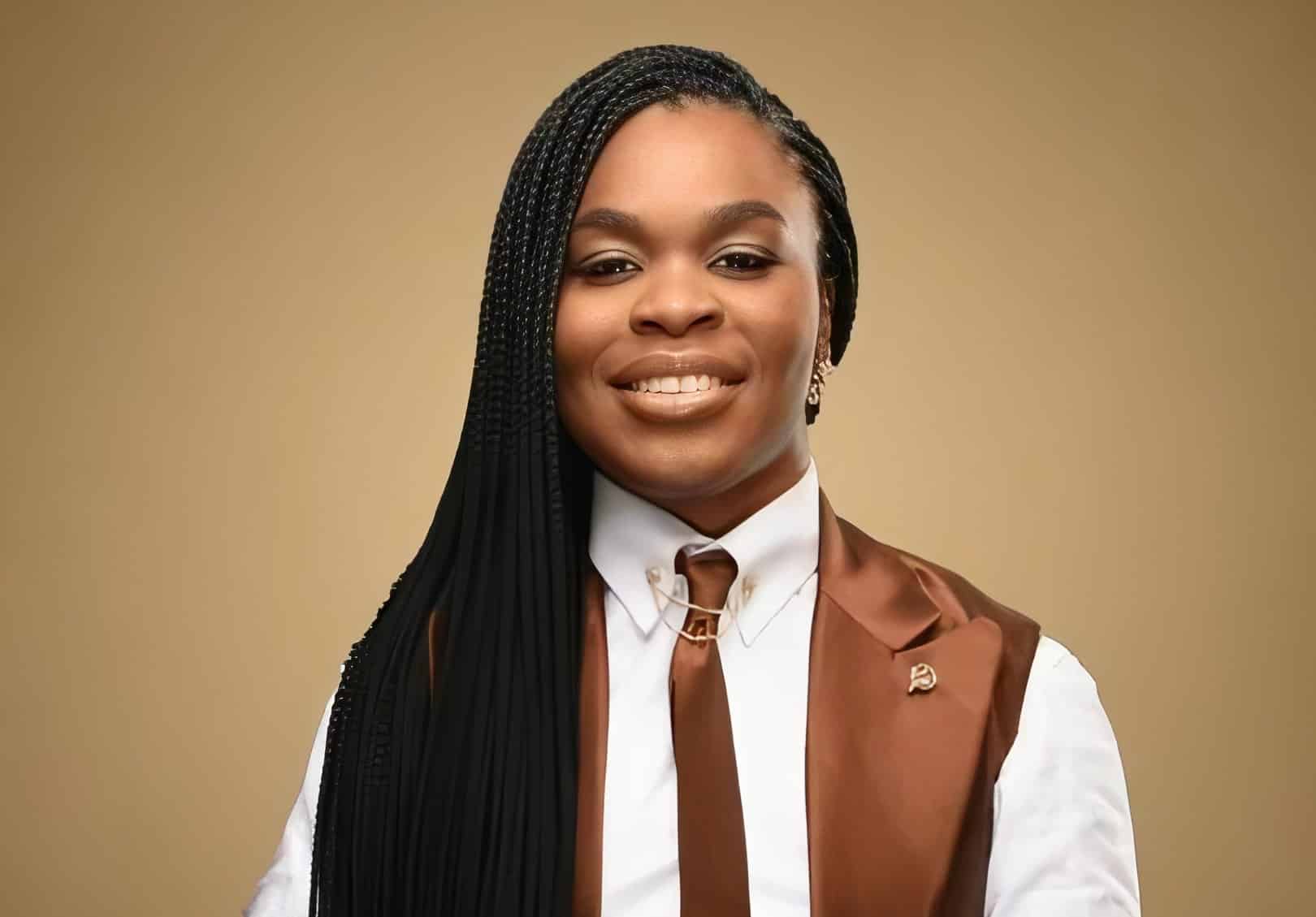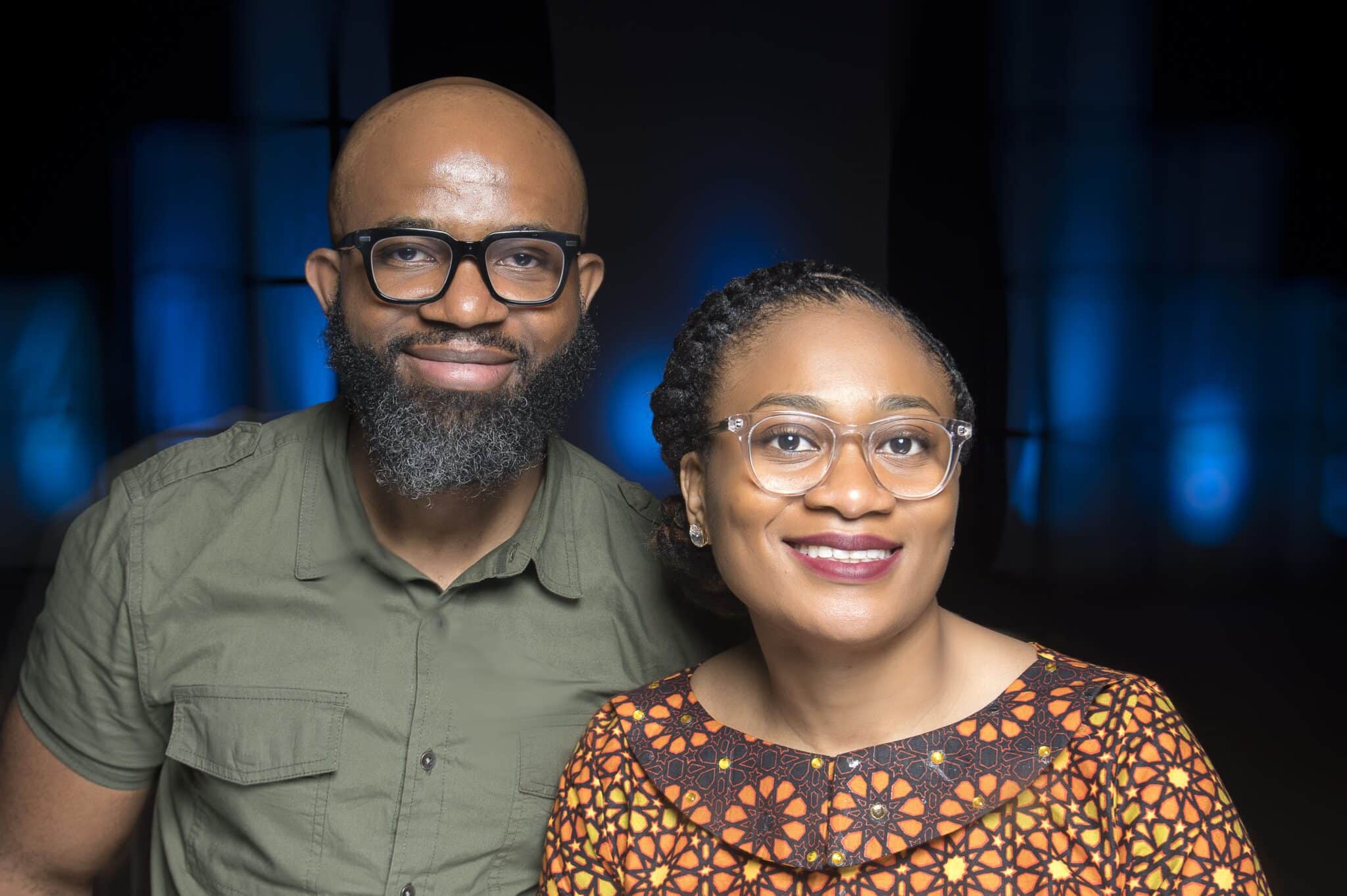Google announced a number of new products and features at its recent ‘Google for Nigeria’ event. But the introduction of a ‘Nigerian English’ voice to Google Maps and other products caught the attention of users like none other and sparked conversation across social media.
Google Maps, like many other voice-enabled services, has been quite infamous for mishearing and mispronouncing indigenous names and places.
Thank goodness, name murdering will finally stop.
— ABIOLA (@AOFAMIYESIN) July 26, 2019
Over the years, many Nigerians have had to endure or overlook this as a mild annoyance but for some others, it’s a more serious issue.
In a piece for Techcabal, Wole Olayinka posits that “a global convergence of accents is slowly but surely happening.” This, he writes, is because “technologies like Alexa, Siri and Google assistant understand English, but tend to choke on Nigerian, Kenyan or other accents.”
In an attempt to solve some of these problems, Google set up a team in 2015 and enlisted the help of Kola Tubosun, a Nigerian linguist and lexicographer with Oxford University Press, to lead the years-long project of giving Google a Nigerian accent.
Techpoint had a chat with Kola Tubosun to learn how the Nigerian English voice came together and the impact it could have in the grand scheme of things.
What motivated the Nigerian languages project on Google at this time?
The project was conceived a while back. I resumed my role as the head of the team set up for this purpose in late October 2015 so it’s not a recent plan. We’ve been working on it for a while.
Well, what motivated it? I can only assume it is the company’s dedication and commitment to making sure that technology reflects us in significant ways. You can see it in other products launched and presented at the event. When we are able to recognise ourselves in the technology we use, we’d trust it more, and it can help us better get stuff done.
What precisely was your role in the project?
I was the project manager. My role was called “Speech Linguistics Project Manager”. I led the team of four people in Lagos who did the linguistic heavy lifting that undergirds the production of the voice.

How long did it take to complete?
It took more or less a year to complete, and a few more years to get ready for launch.
How did it all come together? What was your process — from assembling a team to research, implementation and recording voiceover?
The most important consideration for me from the start was finding a team with sufficient diversity. Creating a “Nigerian” voice means being able to vigorously debate what is “Nigerian” but is not too recognizably Igbo or Yorùbá or Hausa, etc. Setting up the team was part of that foundation. Team members came from different parts of the country, with different speech backgrounds and experiences.
Much of the work we did from then was to agree on the phonological parameters of the language as it is used in real life (what sounds are used in Nigerian English and what are not), and then on the peculiarities of the language we are about to create, which we then translated to thousands of texts. Finding the right voiceover talent followed the same procedure as finding a good team: making sure that the voice was ‘googley’ but also acceptable to most if not all of the country.
Who was the voiceover artist and what were the major criteria in choosing one?
Can’t tell you who the artist is. One, because the distraction to be generated about her identity might not always be good for her or the product. But more importantly, because the end result is no longer just one person’s voice. It is a result of both computer-facilitated synthesis, and a couple more supplementary voices added at the end (You can read about how Google does voices here).
The main voice talent got the job because her voice was adjudged by all who listened to it as the most appropriate. Many people sent in their voice samples when the call was made. Their names were not attached to their voice when it was sent to us, and those who judged it, including myself, only judged it on the basis of its appropriateness and googleyness. We met her much later when it was time to record.
Considering how unstructured it is, how did you define what ‘Nigerian English’ is?
It is very structured. Many books have been written on its grammar and phonology. In practical terms, and as I argued on Twitter a while ago, when you’re out of Nigeria, say in Chicago, and a Nigerian speaks, you will immediately know that the person is Nigerian, because of some recognisable verbal peculiarities, even if they have lived in the States for years. It has happened to me many times before.
So, Nigerian English doesn’t need “definition”. It is the English we speak. How did people, who were not told that Google was working on this, know that the voice was Nigerian? I saw many tweets about it long before the announcement was made. No one tells you. You just know because you’re familiar with it.
As a linguist, however, I can tell you very many peculiarities of Nigerian English, and it will fill up many pages of text. The way we pronounce our “a” and “o” and “e”, for instance. The fact that we don’t use diphthongs. The different ways we use stress. For instance, we put the stress in the word “Admiralty” on the third syllable (ad-mi-RAL-ty) rather than on the first as native English speakers would (AD-mi-ral-ty). Just to give you an example.
Also the absence of the ‘yod’ sound in most of our words (e.g. we pronounce ‘regular’ as it is spelt, not as ‘regyular’ as foreigners do). There are a few more. All these are rules we have imbibed intuitively and that expose us whenever we speak English elsewhere, even if we have tried for many years to imbibe other accents.
While this development has been warmly received, what effect do you think it will have in the grand scheme of things?
I hope that more tools of technology become localised so that more Africans can use them. Today, more Uber drivers can hear what the map is saying, and get to their destinations more effortlessly. Today it’s Nigerian English, tomorrow, it can be Igbo or Yorùbá or Hausa or Efik. And the more people can use technology in their languages, the more they’d trust technology to get around their daily lives.
But for me as a linguist and former teacher of English, I hope that it also puts the argument to rest that Nigerian English doesn’t exist, or that it cannot function in all parts of society.
Next stop: let’s change the Oral English syllabus from using the British RP as the standard for correctness. Maybe fewer people will fail English in their WAEC and JAMB exams. I expound on this proposition in this old collection of tweets, written a couple of months ago. It has huge significance for both self-worth and national development.
Also Read: The Nigerian startup helping Google bring ‘informal transit’ directions to Maps











